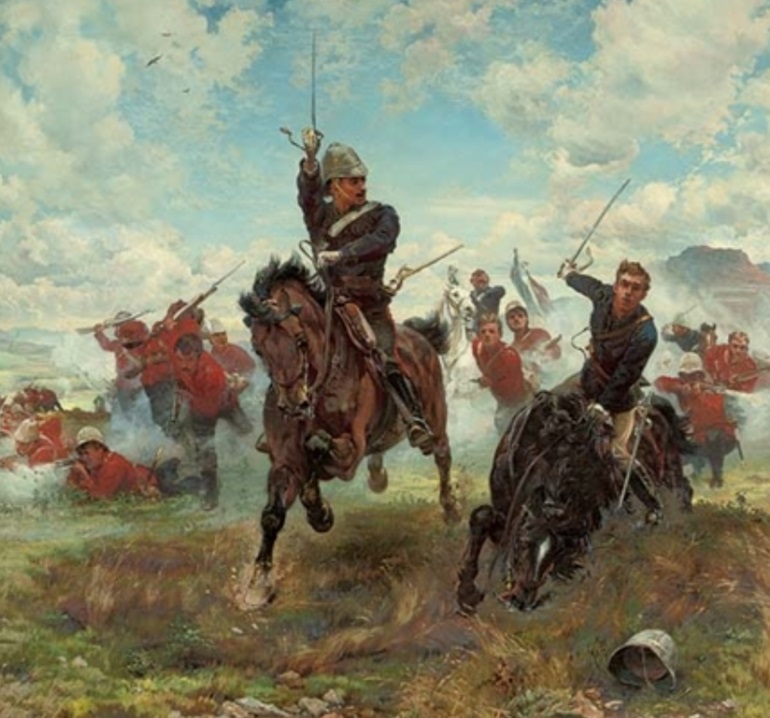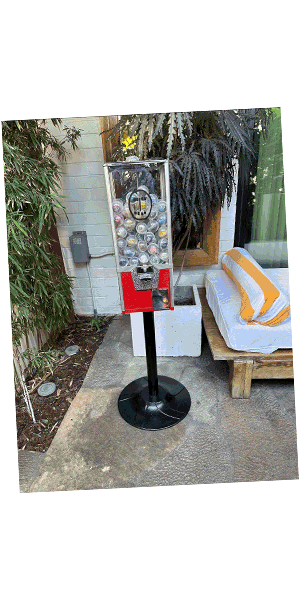
In most countries, sports betting is legalized and is operated by sports lotteries. One important question exists regarding the nature of sports betting. Unlike horse racing, where the knowledge and skills of those involved have no help in winning money, the same cannot be said about other sports such as basketball, football, hockey, and tennis. A good example is football. It is not so predictable as there are three possible results for each match – a win, a draw, or a defeat.
The question in consideration in this context is: Is sports betting just pure luck or almost a science in itself? To answer this question, it is important to understand whether sports betting is based on the principles of randomness and chance like in the traditional lottery game, or not. If you’re a betting enthusiast and would like more direction and advice to enhance your online betting experience, visit the punters page.
Arguments Supporting Luck in Sports Betting
The majority of what takes place in betting markets involves chances. This is not something that bettors would probably want to hear. Whereas casino games such as craps and roulette are games that depend on chance and are governed by the laws of probability, the probabilities of the results in sports betting are essentially unknown to the bettor.
Generally, this should mean that sports betting provides an opportunity for making huge profits. It technically does this because some gamblers can be better at accessing and analysing information and news than others. However, in reality, this information is available only to a small percentage of gamblers because of a type of effect referred to as the paradox of skill.
When the forecasting and prediction business becomes highly competitive amongst players with highly sophisticated techniques of predicting the outcome of a sporting event, then the absolute skills could largely improve across the gamblers. Relatively speaking, we are quite far from that.
As the players’ absolute skills of forecasting increase, the variance between the best players and the worst players continues to decrease because sports betting is a game that requires luck and skills. Therefore, if the difference in relative absolute skills shrinks, then the influence of luck becomes greater. The problem is, if you put the bookmaker’s cost margin or the cost of playing into consideration, the majority of bettors will most probably in the long run end up in the red.
Everything that happens in sports betting is pure chance. In studies showing betting performances, there is a normal distribution which is a clear indicator that most of what happens is mostly random. However, note that this does not deny the fact that there are great bettors and worse bettors. Instead of being good or bad at betting, most bettors are either lucky or unlucky. If bettors relied on their “scientific” skills to predict the correct outcomes of a sporting event, then their betting performances should ideally remain consistent.
Argument Supporting “Scientific” Skills in Sports Betting
On the other hand, many gamblers view forecasting in sporting events in the same manner as any other strategic forecasting technique. They consider luck to be a crucial element in the short run. However, in the long run, if a bettor has wagered profitably for a long time consistently, that success is credited to the bettor’s skill.
For instance, now and then, we hear of stories of gamblers who won an enormous accumulator score making even six figures just from an outlay of £10. With certainty, we can say that the crucial factor here was luck and not skill. How did we arrive at this conclusion? First, accumulators are mostly for mug bettors. Accumulators need an accurate storm of outcomes, while bookmakers do not provide enough odds to match the rarity of such outcomes of an event.
Secondly, an accumulator jackpot is not designed to last for long. This means that it is virtually impossible to measure the gamblers’ “real” return on investment over such an insignificant sample. The main factor in using “science” to predict the results of a sporting event is that, the greater the size of the sample, the more reliable the result will be. Gamblers who use “science” in betting make a small profit margin over numerous bets, which in the long run results in a huge profit margin.
Conclusion
The question of whether sports betting is determined by pure luck or science has existed since betting was introduced on a large scale. Most gamblers tend to take a one-sided view when making decisions regarding sports betting. When their selections do well, they are attributed to skill, but if they fail, they are attributed to bad luck. Also, how we view sports betting can be swayed by external sources. The reality is if “scientific” skills are used together with luck, the chances of correctly predicting the outcome of an event are increased.
The problem with obtaining the skills and techniques of forecasting the outcome of sporting events is the fact that there are no necessary rewards offered for doing so. It could be true that the more effort and time I invest in forecasting the games’ outcomes, the better I will become at it. However, the science behind sports betting does not just entail choosing the winners. It takes much more than that!









